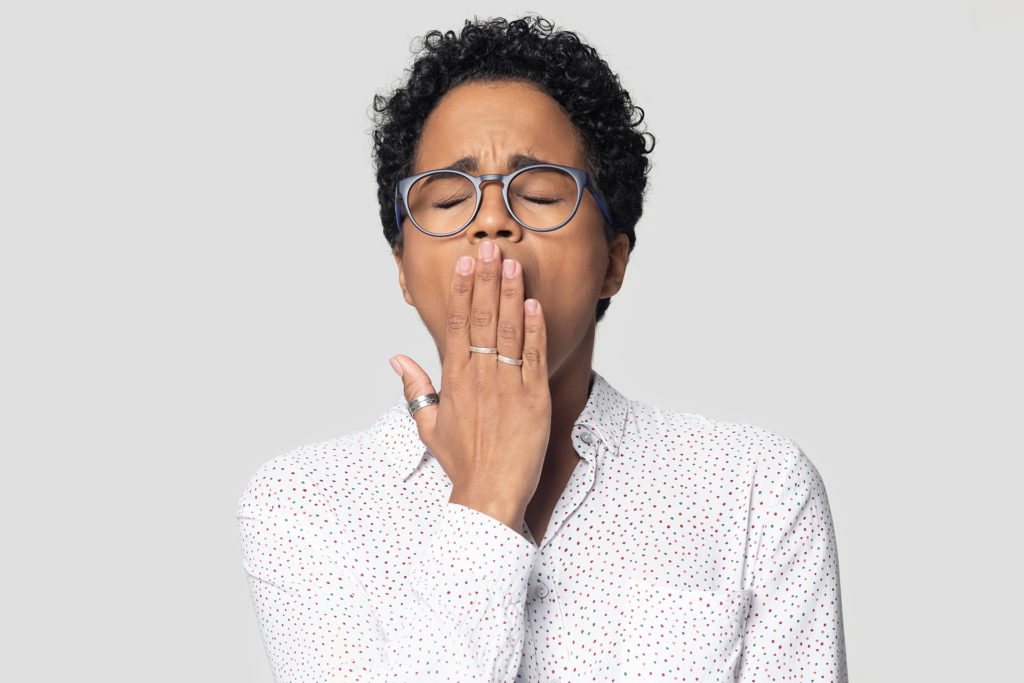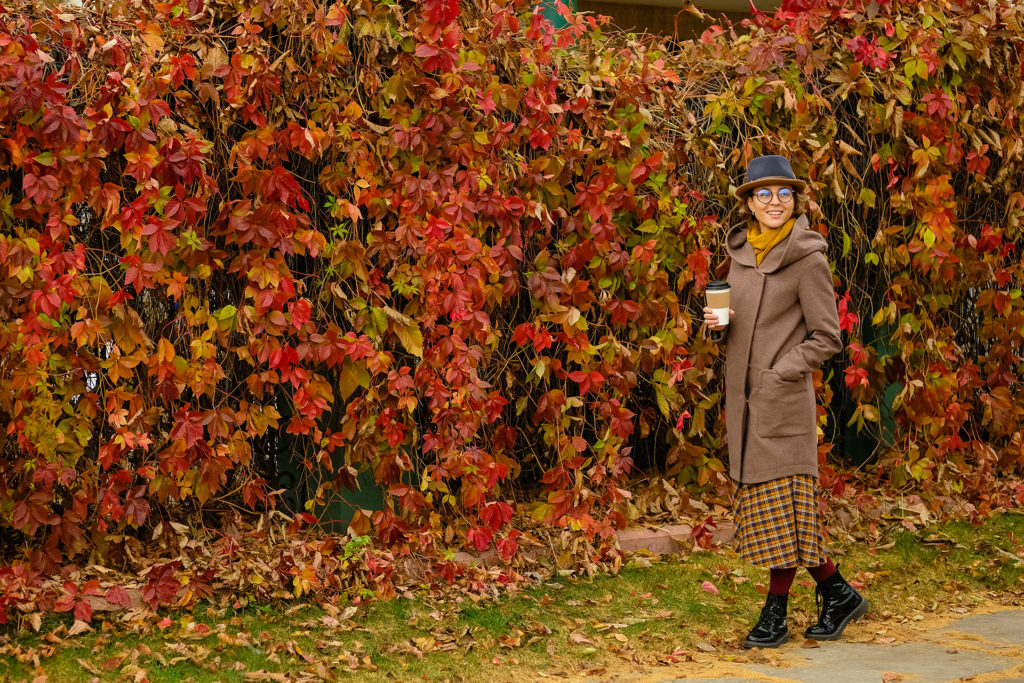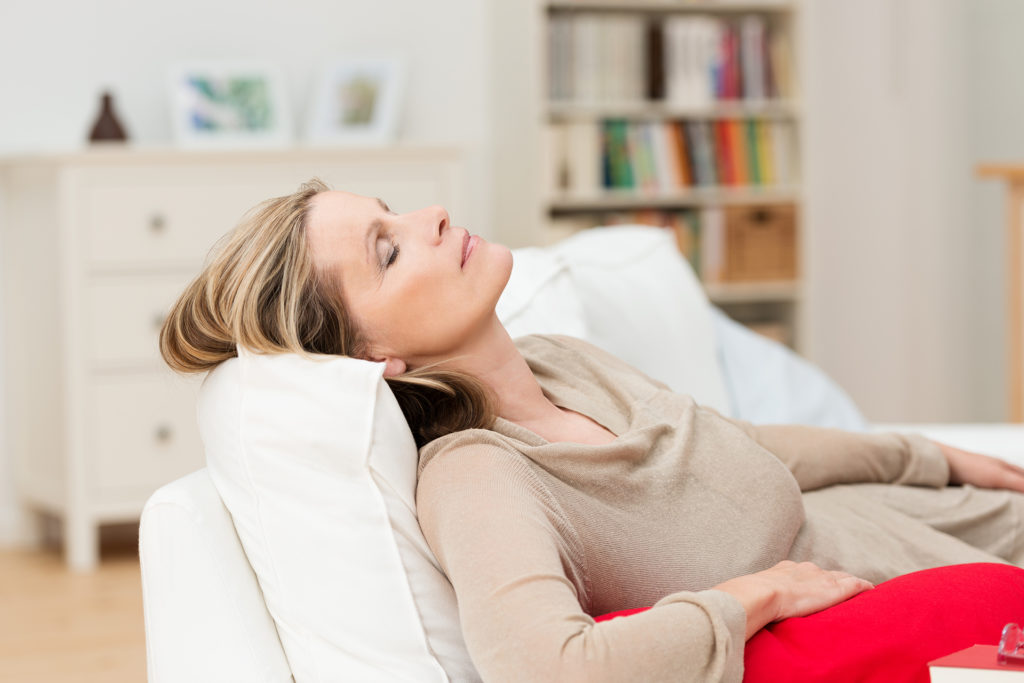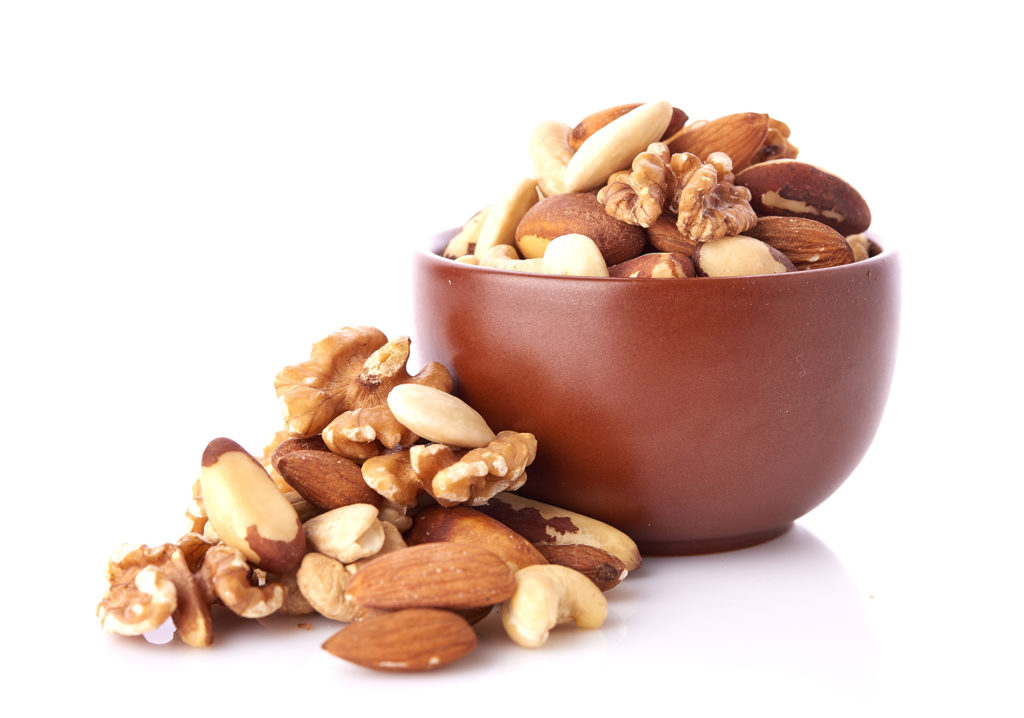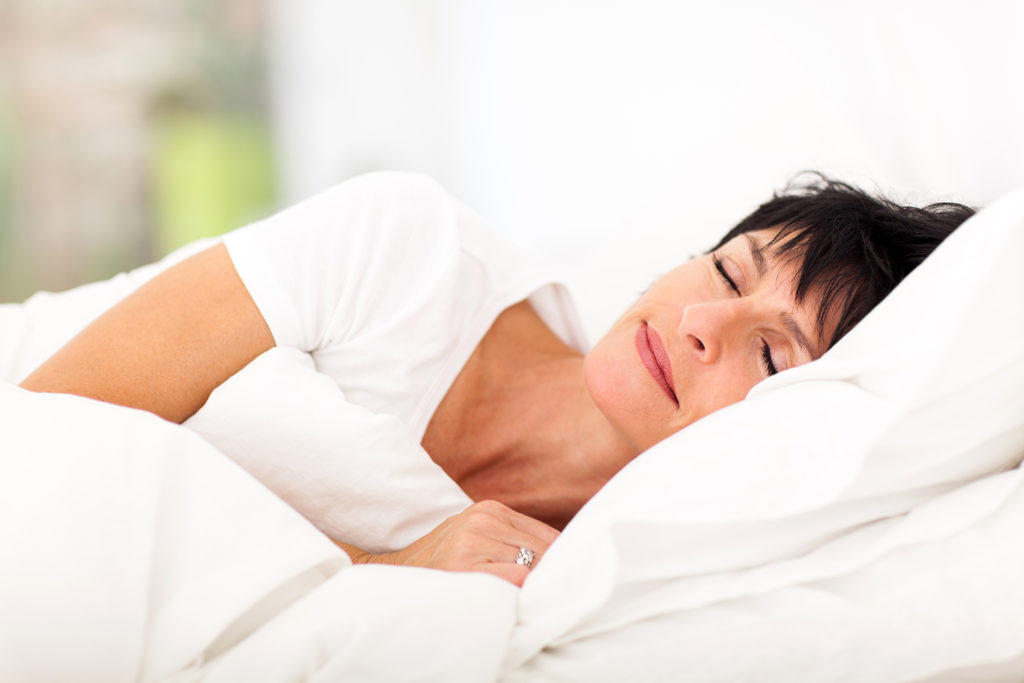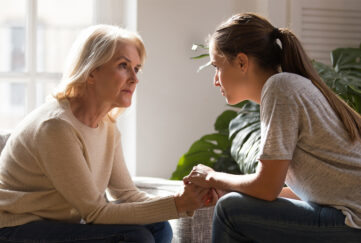Had A Bad Night’s Sleep? We Can Help!
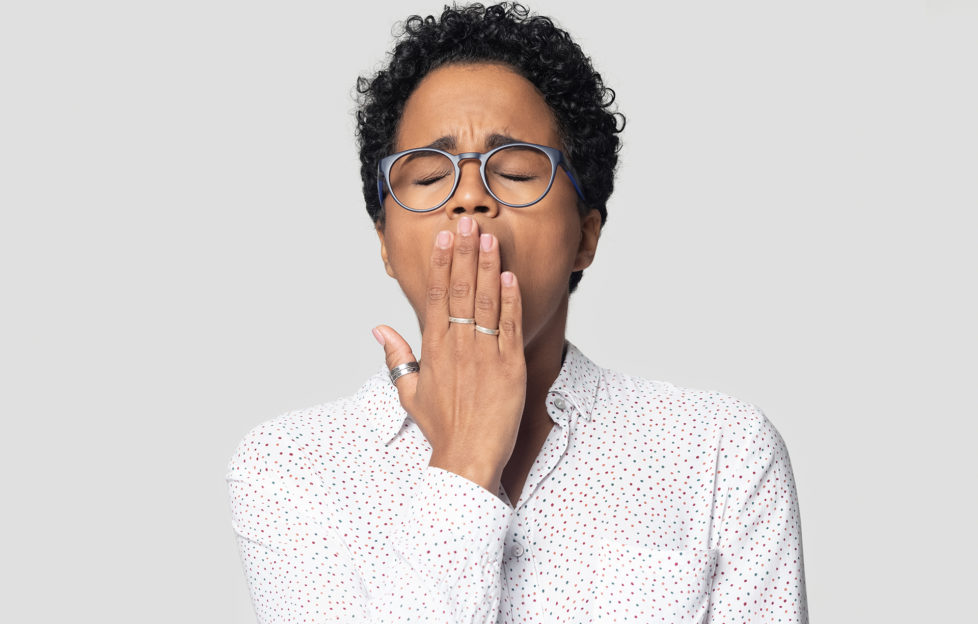
Bensons for Beds has been working with Sleep Scientist Dr Sophie Bostock to help Britain gain control of their sleep.
“Most of us need 7-9 hours sleep on a nightly basis to be the best possible version of ourselves, but sometimes, that’s just not possible. Parental and caring responsibilities, work deadlines, travel, snoring partners, or just a racing mind all have potential to de-rail our best laid plans.
“The good news is, in the short term, we can cope with a sleep debt – you only have to read about the incredible achievements of endurance athletes, like four time channel crossing swimmer, Sarah Thomas, to appreciate that the human body can be pretty resilient to sleep loss!”
Here are some tips on how to wake up refreshed after a bad night’s sleep:
1 Choose a positive mindset
Sleep deprivation messes with the emotional control centres in the brain and automatically puts you on high alert: more anxious, irritable and stressed. Negative thoughts are more likely to pop into your brain.. you can’t cope, work will be a disaster, you look terrible. When this happens, take 3 deep breaths. Remember, these are just thoughts, powered by a brain in survival mode (the amygdala hijack!). You’ve coped with worse before, and you will do again. You’ve got this. Divide any task into small bits, so that it feels less overwhelming.
2 Get an early dose of daylight
Natural daylight sends a strong signal to your master body clock in the brain that it’s time to be alert. The ideal thing is to bask in sunshine, but that’s pretty tough in the UK in winter. Light alarm clocks and bright light boxes can give you an artificial dose, and banish any lingering melatonin – the sleep hormone – which is still in your system. If you have to be inside, try to sit by a window, and take breaks outside when you can. Sunlight is great for vitamin D, and promotes the release of serotonin, the feel good hormone.
3 Get moving
Physical activity is another powerful signal to the body clock that it’s daytime, shaking the brain and body out of sleep mode, no matter how little you’ve had. Could you get off a stop earlier on your way to work, even if it’s just a ten minute stroll? The combination of outdoor light and exercise is a winning combination when it comes to alerting your body. Just be careful of intense exercise – athletes are more prone to injury after short sleep.
4 Nap vs. caffeine? Nap is king
Tempting though it is to mask sleepiness with caffeine, save it for when you need it. High doses of caffeine can also make you jittery, increasing feelings of anxiety, and even caffeine taken 6 hours before bed can interfere with night time sleep. It’s natural to feel more tired after lunch, so if you can safely nap, say between 1-3pm, this is a great way to boost your mood and alertness. The optimal power nap is 10-20 minutes, but if you’re very short of sleep, you might want to go for a full sleep cycle of between 90-110 minutes. Avoid long naps in the evening because they could reduce your sleep drive for night time sleep.
5 Fuel healthily
Your sleep deprived brain will crave high fat, high calorie foods. If you have a heavy carb meal, you’ll get a quick spike in blood sugar levels but then the insulin response will cause a slump, sapping your energy. To maintain more stable energy levels, stick to slower release food during the day – nuts, protein, vegetables, pulses.
6 Know your limits
You can choose a positive attitude, but you may not be able to compensate for some of the cognitive impacts of short sleep – especially if your sleepless night was one of a series. Sleep debt builds up from one night to the next. Studies show that getting behind the wheel of a car after 19 hours without sleep is equivalent to driving with a blood alcohol concentration of 0.01%, the legal limit for driving. If you can’t keep your eyes open, stop and sleep.
7 Recovery sleep: stick to the routine
Good news – your brain is very good at recovery sleep. The night after a restless night, the odds are that you will sleep more deeply. You don’t need to catch up on every single lost hour of sleep, hour by hour. Going to bed much too early, or having an extended lie in, will confuse your body clock. Aim to stick to the same bedtime and wake times to within an hour or two, 7 days a week.


